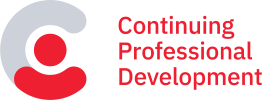



Select a day ->
Agenda - Wednesday, February 5, 2025
All presentations will be given in English unless otherwise specified. Participants can however ask their questions in English and French.
At the conclusion of this course, participants will be able to:
- appropriately treat common pediatric problems seen every day in the office or more complex diseases with low frequency but potential morbidity;
- integrate important advances in pediatric care into their daily practice;
- assess when to refer a patient to a pediatric specialist for ongoing investigations and management.
07:30-08:00
Registration and Continental Breakfast
08:00-08:10
Introduction to the Program
08:10-08:45
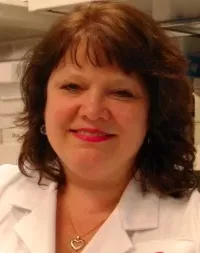
Why is my Kid Always Sick? - An Approach to Office Immunology
Christine McCusker
Division Director, Allergy, Immunology, Dermatology, Clinician Scientist, Montreal Children's Hospital, MUHC RI, Montreal, QC
Learning Objectives
At the end of this session, participants will be able to:
1. Recognize relevant red flags suggestive of primary immunodeficiencies.
2. Develop an approach to preliminary immune work-up in the office setting.
3. Effectively counsel families regarding appropriate subspecialty referral.
1. Recognize relevant red flags suggestive of primary immunodeficiencies.
2. Develop an approach to preliminary immune work-up in the office setting.
3. Effectively counsel families regarding appropriate subspecialty referral.
08:45-08:55
Quick Quiz #1
08:55-09:30

Not a Blast! - Concussion Management
Christine Beaulieu
Head Physiotherapist, Trauma,
Montreal Children's Hospital, McGill University Health Center,
Montreal, QC

Not a Blast! - Concussion Management
Lisa Grilli
Lead Trauma Coordinator, Research Program and mTBI Clinic,
Montreal Children's Hospital, McGill University Health Center,
Montreal, QC
Learning Objectives
At the end of this session, participants will be able to:
1. Diagnose concussion in the office setting.
2. Identify red flags that warrant orientation to the pediatric emergency department.
3. Counsel effectively on return to physical and cognitive activities.
1. Diagnose concussion in the office setting.
2. Identify red flags that warrant orientation to the pediatric emergency department.
3. Counsel effectively on return to physical and cognitive activities.
09:30-09:40
Quick Quiz #2
09:40-10:15

Gut Health and Nutrition - Which Trends Work
Ana Sant’Anna
Pediatric Gastroenterologist, Division of Gastroenterology and Nutrition, Montreal Children's Hospital, MUHC, Montreal, QC
Learning Objectives
At the end of this session, participants will be able to:
1. Identify the known elements contributing to a healthy gut.
2. Differentiate common popular trends related to nutrition.
3. Effectively counsel patients and families on evidence-based practices for optimization of gut health.
1. Identify the known elements contributing to a healthy gut.
2. Differentiate common popular trends related to nutrition.
3. Effectively counsel patients and families on evidence-based practices for optimization of gut health.
10:15-10:25
Quick Quiz #3
10:25-10:50
Coffee Break and Visit the Exhibitors
10:50-11:25

Sickle Cell Anemia – Cutting Through the Chaff of Carriers and Disease
Surabhi Rawal
Pediatric Hematologist/Oncologist, Montreal Children's Hospital, Montreal, QC
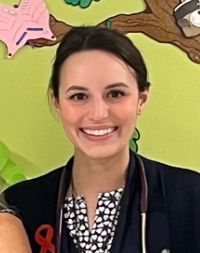
Vanessa Di Schiavi
Pediatric Nurse Practitioner (PNP), Hematology-Oncology, Montreal Children's Hospital, Montreal, QC
Learning Objectives
At the end of this session, participants will be able to:
1. Understand the specifics of the Quebec Newborn Screening program.
2. Counsel families of children who are carriers of sickle cell anemia or related hemoglobinopathy.
3. Understand the goals of outpatient longitudinal follow-up of children with sickle cell anemia (infection prevention, acute crisis prevention, health supervision, etc).
1. Understand the specifics of the Quebec Newborn Screening program.
2. Counsel families of children who are carriers of sickle cell anemia or related hemoglobinopathy.
3. Understand the goals of outpatient longitudinal follow-up of children with sickle cell anemia (infection prevention, acute crisis prevention, health supervision, etc).
11:25-11:35
Quick Quiz #4
11:35-12:10

Revealing the Down-Low on Pediatric Hypertension
James Johnston
Pediatrician, Northern and Indigenous Child Health Program, Montreal Children’s Hospital, Montreal, QC
Learning Objectives
At the end of this session, participants will be able to:
1. Identify hypertension in the pediatric population.
2. Distinguish primary from secondary causes of hypertension.
3. Initiate management and refer appropriately to Pediatric Nephrology.
1. Identify hypertension in the pediatric population.
2. Distinguish primary from secondary causes of hypertension.
3. Initiate management and refer appropriately to Pediatric Nephrology.
12:10-12:20
Quick Quiz #5
12:20-12:30
Lunch Service
12:30-13:15

Lunch Plenary: RSV
Jesse Papenburg
Associate Professor, Department of Pediatrics and Associate Member, Department of Epidemiology, Biostatistics and Occupational Health, Faculty of Medicine, McGill University, Montreal, QC
Learning Objectives
At the end of this session, participants will be able to:
1. Provide an update on the epidemiology of pediatric RSV in Quebec and Canada.
2. Discuss considerations related to different novel RSV preventive strategies available for Quebec infants and young children, i.e., long-acting monoclonal antibody immunoprophylaxis and vaccination during pregnancy.
1. Provide an update on the epidemiology of pediatric RSV in Quebec and Canada.
2. Discuss considerations related to different novel RSV preventive strategies available for Quebec infants and young children, i.e., long-acting monoclonal antibody immunoprophylaxis and vaccination during pregnancy.
13:30-14:30
WORKSHOPS (repeated twice)
13:30-14:30

Technology Pot-pourri: G-tubes, PICCs and foleys, bring it on!
Sara Long-Gagné
Director of I-CCAN, Montreal Children's Hospital, Montreal, QC

Laurie Cleophat
Pediatric Nurse Practitioner, I-CCAN service, Montreal Children's hospital, Montréal, QC

Geneviève Normand
Complex care fellow, Montreal Children's hospital, Montréal, QC
Learning Objectives
At the end of this session, participants will be able to:
1. Understand basics and troubleshoot the use and care of commonly used technical assist devices in the community.
2. Answer frequently asked questions that families may have around their child's technical assist devices.
3. Identify resources to facilitate and support the safe and effective delivery of evidence-informed complex care at home.
1. Understand basics and troubleshoot the use and care of commonly used technical assist devices in the community.
2. Answer frequently asked questions that families may have around their child's technical assist devices.
3. Identify resources to facilitate and support the safe and effective delivery of evidence-informed complex care at home.
13:30-14:30

Lessons in Youth Protection - Case Reviews
Gillian Morantz
Assistant Professor, Department of Pediatrics, Faculty of Medicine and Health Sciences, McGill University, Montreal, QC

Eleni Parigoris
Social Worker, Montreal Children's hospital, Montréal, QC
Learning Objectives
At the end of this session, participants will be able to:
1. Understand in depth the Youth Protection Act in Quebec.
2. Understand how to access and navigate the Youth Protection System.
3. Apply principles of child protection in case scenarios.
1. Understand in depth the Youth Protection Act in Quebec.
2. Understand how to access and navigate the Youth Protection System.
3. Apply principles of child protection in case scenarios.
13:30-14:30
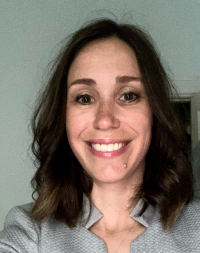
New Lease on Life: Updates in Cystic Fibrosis
Zofia Zysman-Colman
Pediatric Respirologist, Department of Pediatrics, Division of Respiratory Medicine, Montreal Children's Hospital, Montreal, QC
Learning Objectives
At the end of this session, participants will be able to:
1. Recognize the pathophysiology and clinical presentations for cystic fibrosis.
2. Review significant breakthroughs and updates on cystic fibrosis management.
3. Integrate principles of cystic fibrosis care into primary care practice.
1. Recognize the pathophysiology and clinical presentations for cystic fibrosis.
2. Review significant breakthroughs and updates on cystic fibrosis management.
3. Integrate principles of cystic fibrosis care into primary care practice.
13:30-14:30
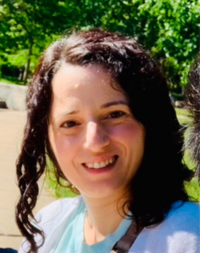
Connection - Empathy for Improved Patient Care
Jessica Djeredjian
Centre Pédiatrique Lumi, Montreal, QC
Learning Objectives
At the end of this session, participants will be able to:
1. Understand and recognize empathy and its neuroscience.
2. Understand the evidence-based impact of empathy in clinical practice.
3. Effectively apply empathetical principles to the pediatric office.
1. Understand and recognize empathy and its neuroscience.
2. Understand the evidence-based impact of empathy in clinical practice.
3. Effectively apply empathetical principles to the pediatric office.
13:30-14:30

Sports Injuries: Get Back in the Game
Jérôme Ouellet
Pediatrician, Specialist in Pediatric Sports Medicine and Clinical Instructor, University of Montreal and McGill University, Montreal, QC
Learning Objectives
At the end of this session, participants will be able to:
1. Identify common sports-related injuries seen in primary care practice and their outcomes.
2. Develop relevant physical examination skills and know when to order appropriate imaging tests for these injuries.
3. Recognize when and how to involve subspecialty and/or allied health services.
4. Guide an athlete on returning to play after these common injuries.
1. Identify common sports-related injuries seen in primary care practice and their outcomes.
2. Develop relevant physical examination skills and know when to order appropriate imaging tests for these injuries.
3. Recognize when and how to involve subspecialty and/or allied health services.
4. Guide an athlete on returning to play after these common injuries.
13:30-14:30
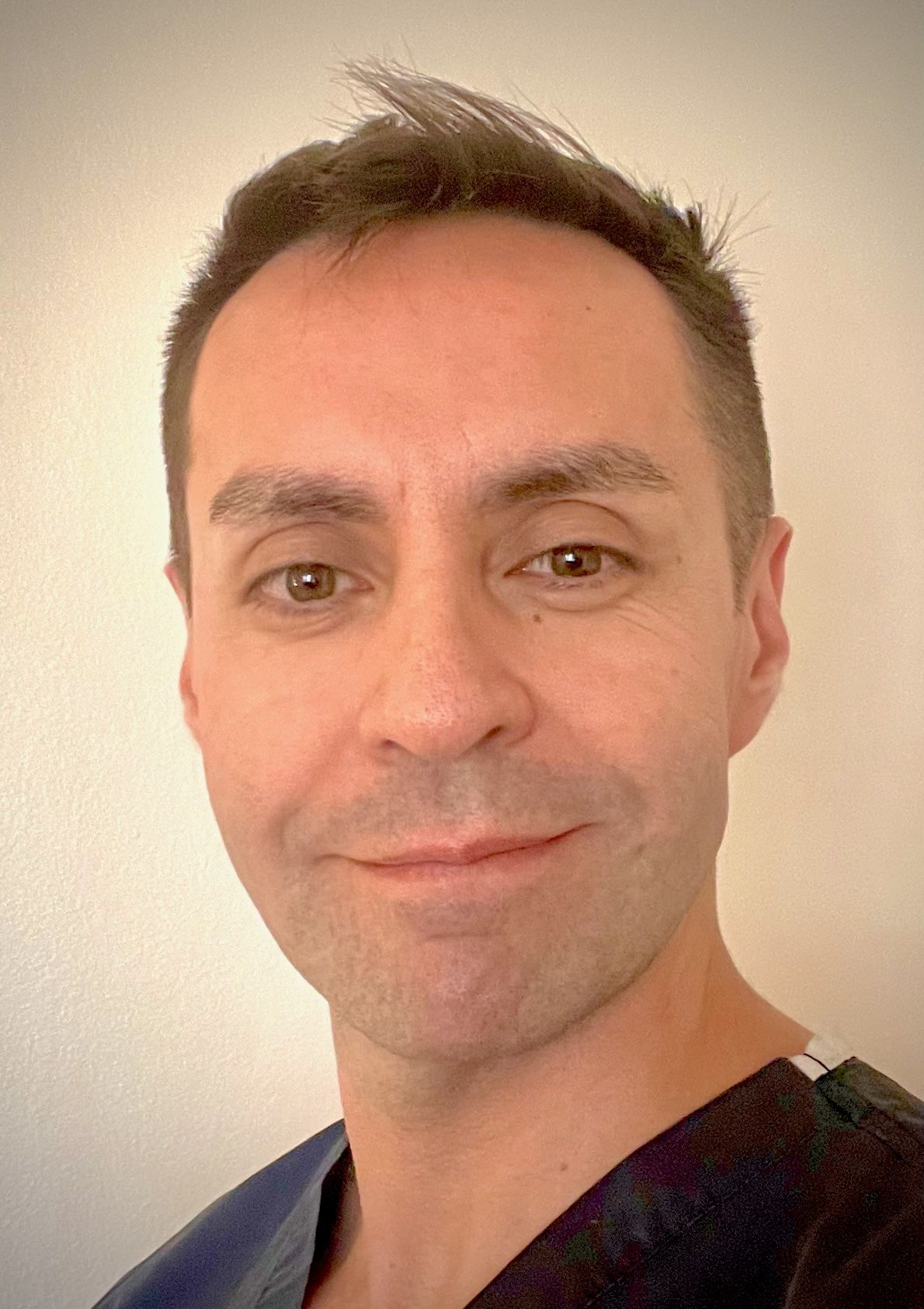
Explaining Chronic Pain to Kids and Parents: A Key Element to Treatment and Healing
Gonzalo Rivera
Anesthesiologist and Director of the Pain Centre, McGill University Health Centre, Montreal, QC

Rebecca Pitt
Edwards Family Interdisciplinary Centre for Complex Pain, McGill Ingram School of Nursing, Montreal, QC
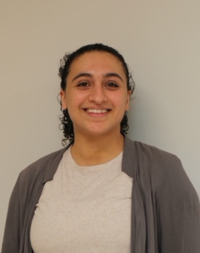
Arielle Sadaka
Physiotherapist, Montreal Children's Hospital, McGill University Health Center, Montreal, QC
Learning Objectives
At the end of this session, participants will be able to.
1. Understand the pathophysiology of complex pain.
2. Recognize the multi-faceted nature of complex pain management.
3. Develop effective history-taking techniques in the primary care setting for accurate diagnosis and initiate referral when required.
1. Understand the pathophysiology of complex pain.
2. Recognize the multi-faceted nature of complex pain management.
3. Develop effective history-taking techniques in the primary care setting for accurate diagnosis and initiate referral when required.
14:40-15:40
Repeat of 13:30-14:30 Workshops
15:40-16:00
Coffee Break
16:00-17:00
Repeat of 13:30-14:30 Workshops
